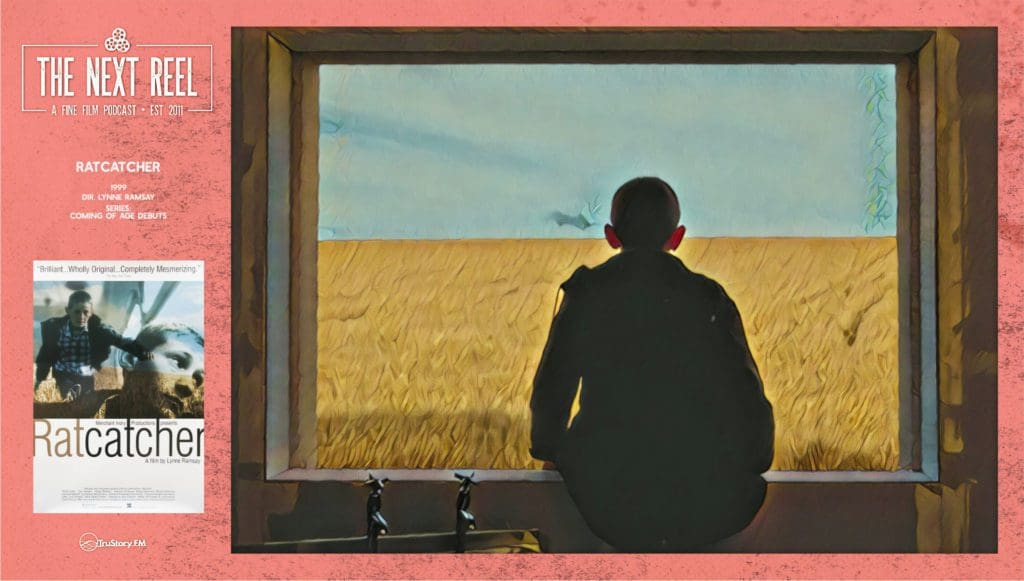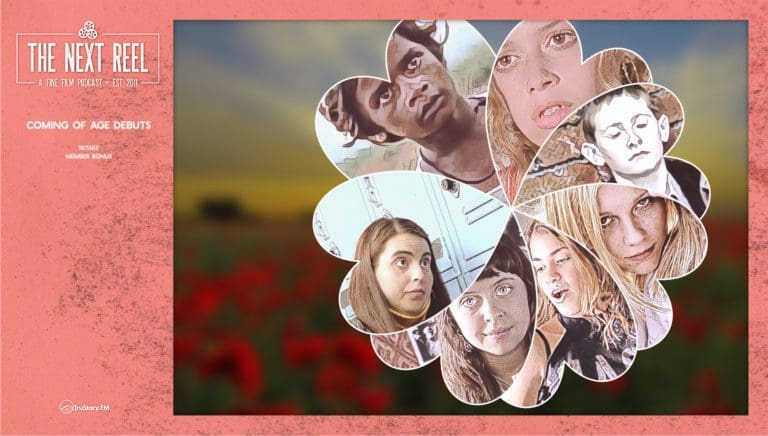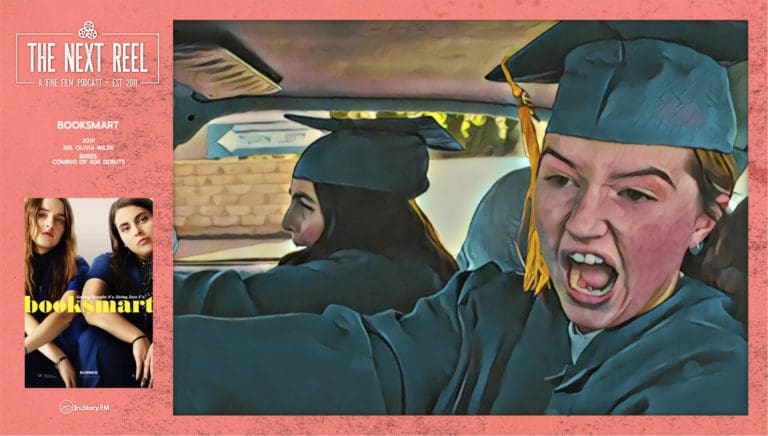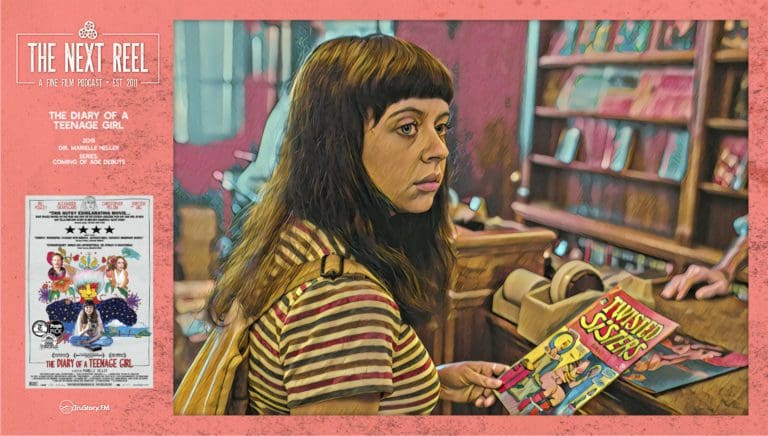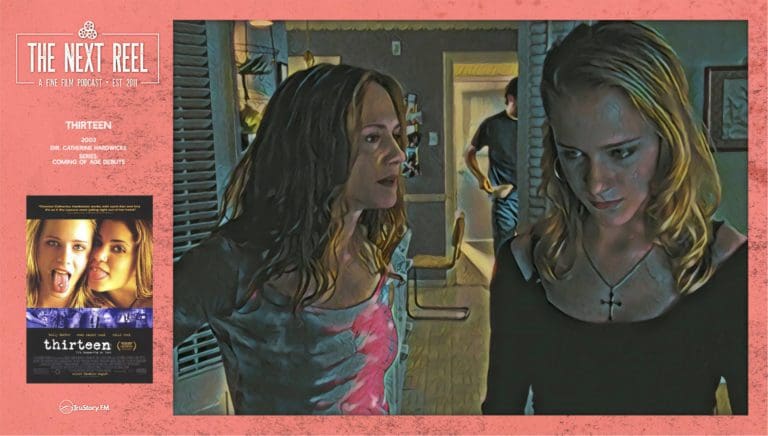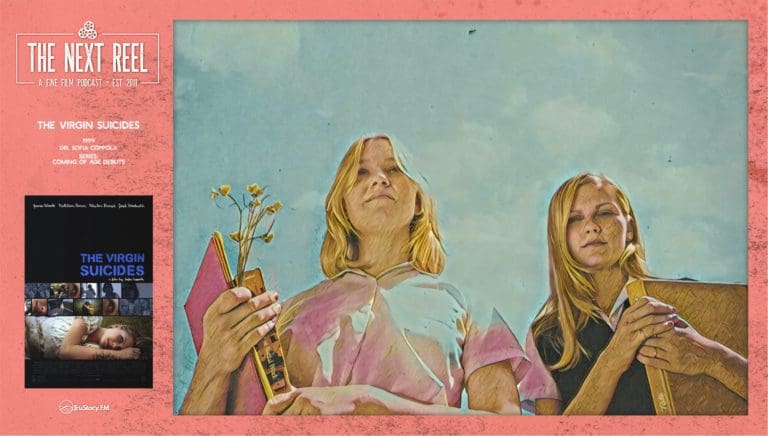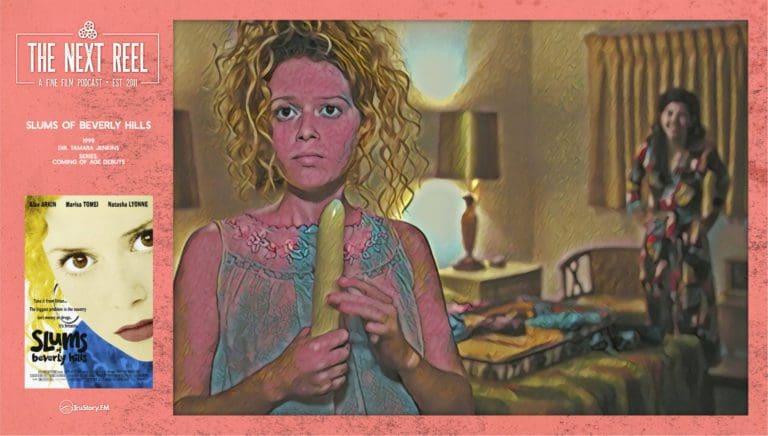With several short films under her belt, Lynne Ramsay got her first feature film made and released in 1999. The film tells the tale of a young boy growing up in a poor neighborhood during a period in Scotland when the binmen were on strike, leaving thousands of pounds of garbage lying in the streets, yards, and roads. Growing up a child in Glasgow, Scotland, in the 70s, it makes sense that Ramsay would start with what she knows. What she created was a realistic depiction of childhood at this time that feels authentic and honest. Join us – Pete Wright and Andy Nelson – as we continue our Coming of Age Debuts series with Ramsay’s third film, 1999’s Ratcatcher.
Here’s some of what we discuss in our Ratcatcher conversation.
We set the conversation up with some history about Glasgow in the 70s, just to get a better sense of these strikes and how it affected people. We also talk about the housing issues there at the time.
The children performing in this film, notably young William Eadie, are outstanding. They never strike a false note and make use feel as if we’re growing up in this period with them. And what’s great about the parents’ performances is that they feel like extensions of these kids. We see them as nothing more than big kids who really have no way out of this cycle they’re in.
There are themes of guilt, friendship, sexual development, freedom, and escape. How are these various themes depicted in the film? What’s Ramsay trying to say?
And what about the animals? Rats, mice, cats, dogs. We share our thoughts on them.
It’s a strong film right out of the gate for Ramsay. We have a great conversation about her and the film so check it out then tune in. The Next Reel – when the movie ends, our conversation begins!
Join the conversation with movie lovers from around the world on The Next Reel’s Discord channel!
Film Sundries
Learn more about supporting The Next Reel Film Podcast through your own membership.
- Watch this on Amazon, or find other places at JustWatch
- Script Transcript
- Theatrical trailer
- Poster artwork
- Flickchart
- Letterboxd







